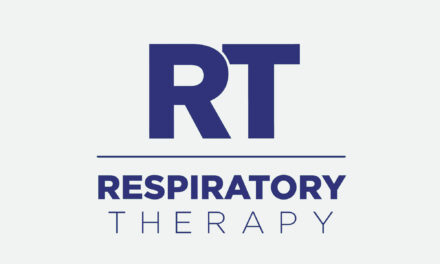The number of hours of CPAP therapy a patient receives and his or her age are independent predictors of mortality for those with the overlap of COPD plus obstructive sleep apnea (OSA), according to research in the Journal of Clinical Sleep Medicine.
Investigators conducted a post-hoc analysis of 3,396 patients, 227 of whom had both COPD and OSA. All overlap patients were treated with CPAP therapy, and objective treatment compliance data were collected for the first one to three months of use; 17 died.
Multivariate analysis revealed that use of CPAP at night was an independent predictor of mortality in overlap syndrome patients. Simply put: those using CPAP were more likely to survive than those who did not. Even minimal use of CPAP was associated with some reduction in the risk of death; this benefit increased with more nightly hours of CPAP therapy.
“This study adds to the growing body of literature regarding the combined impact of OSA in patients with COPD,” said lead author and principal investigator Michael L. Stanchina, MD, clinical assistant professor of medicine at the Alpert Medical School of Brown University and physician at Rhode Island Hospital in Providence. “We have shown that more time on CPAP in patients with the overlap syndrome was associated with a reduced risk of death, after controlling for common risk factors.”









